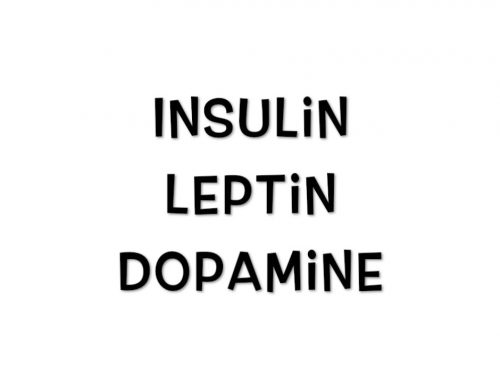 Isn’t it nice to think that something as tasty as chocolate can actually have certain health benefits for you? First, understand that we are talking about dark chocolate that contains 70-80% cocoa with less than 4 grams of sugar per serving. Milk chocolate or white chocolate is not the same.
Isn’t it nice to think that something as tasty as chocolate can actually have certain health benefits for you? First, understand that we are talking about dark chocolate that contains 70-80% cocoa with less than 4 grams of sugar per serving. Milk chocolate or white chocolate is not the same.
In brief, the latest research on the benefits of cocoa shows that:
- There are antioxidant flavonols in cocoa that fight free radicals that are responsible for disease. Antioxidants also help lower cholesterol and particularly LDL (bad cholesterol).
- Cocoa has anti-inflammatory properties that enhance blood flow.
- It contains tryptophan, which is a natural anti-depressant and is used for insomnia. The down side of this is that 1 cup of chocolate contains 110 mg of tryptophan, and you would need a much higher dose than that for a therapeutic effect to treat insomnia. Don’t try to eat yourself to sleep with chocolate!
- Dark chocolate also contains magnesium, which is good for smooth muscle relaxation.
- Eating dark chocolate may help lower blood pressure and fight heart disease.
But DON’T STOP READING YET! As you might expect, there are some more considerations about eating chocolate that you must keep in mind.
First, chocolate (even dark chocolate) contains a LOT of calories. Moderation, as always, is the proper approach to this taste treat. If you do nibble chocolates a few times a week, be sure to balance the caloric intake.
Second, and maybe worse, is that findings indicate that milk may interfere with the absorption of the antioxidants in chocolate. That means that when you wash down that tasty bite with a glass of cold milk, you wash away the potential health benefits, as well. (So you may think you are starring in one of those old “Got Milk?” ads!)
The bottom line: Don’t replace healthy foods with chocolate. Instead, replace a sweet treat you may normally eat with a piece of dark chocolate. It’s a way to indulge your sweet tooth while possibly helping your heart.





